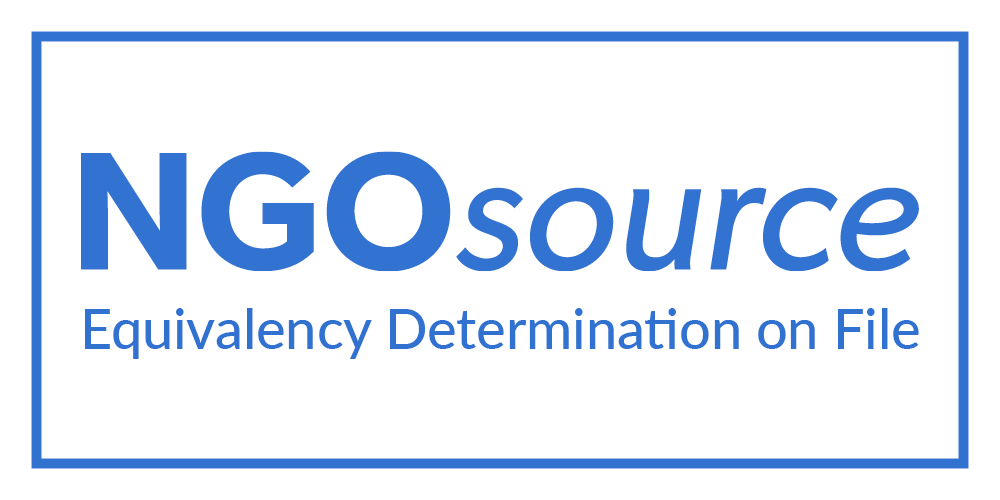[Madagascar] Generation Z, the driving force of civic awakening!
Since 25th September, Madagascar has been plunged into an unprecedented political and social crisis. A wave of protests, unparalleled in their intensity and scale, has shaken several major cities across the country, particularly the capital, Antananarivo, as well as Antsiranana (North), Toamasina (East), and Toliara (South). According to Volker Türk, the United Nations High Commissioner for Human Rights, at least 22 people have died and hundreds more have been injured these violent incidents reflect the fierce repression of these peaceful demonstrations.
The protests began due to widespread discontent caused by recurring water and electricity shortages throughout the country. Since 2018, when President Andry Rajoelina came to power through direct universal suffrage, they have continued with strong opposition to a “failing” regime in various areas., . Today, the movement symbolises a broader dissent, fuelled by years of social frustration, corruption and impunity in the system, broken promises and opaque governance. This revolt is particularly driven by the determination of young people, especially Generation Z (Gen Z), who refuse to remain passive and demand a full say in shaping their future.
In a country where over 30 million people live in precarious conditions, with nearly 75% are below the poverty line according to the World Bank, and which Transparency International ranks 140th out of 180 in terms of corruption perception, this crisis fundamentally reflects a deep demand for social justice and genuine democracy.
Born and raised in a context of structural poverty, Generation Z, is connected and denounces injustices. They invent innovative modes of mobilisation through digital means and impose an agenda of transparency, accountability and inclusion. They reject exclusion not only as victims of inequality but also as vital contributors to the democratic renewal of Africa.
The dissolution of Prime Minister Christian Ntsay’s government , announced amid protests, has not been enough. The demands now go beyond the temporary difficulties relating to water and electricity shortages, or the suppression of freedom of expression, which have plagued the country since at least 2024. The protests now target the entire institutional system, including the Senate, the Constitutional Court and the Electoral Commission, all of which are accused of lacking legitimacy and transparency.
The AfricTivistes network strongly condemns the violent repression of peaceful protesters. Such attempts to stifle peaceful protests are a flagrant violation of citizens’ fundamental rights as guaranteed by the African Charter on Human and Peoples’ Rights – notably Articles 9 (freedom of expression), 10 (freedom of association), and 11 (freedom of assembly).
To prevent such abuses in future, it is crucial to empower citizens, particularly young people, and place them at the heart of governance. This requires recognising citizen participation as a fundamental right, as set out in Article 11 of the African Youth Charter, and establishing transparency and accountability as core principles of governance. To this end, an inclusive and sincere framework for national dialogue must be established to provide a platform for Generation Z, women and local communities to express their demands.
Consequently, we urgently call for concrete and immediate actions from the following:
- The Malagasy government to: immediately end the repression, guarantee the right to peaceful protest, and promptly establish credible mechanisms for citizen participation, especially for young people;
- Malagasy civil society to: continue organising and mobilising peacefully, strengthening intergenerational alliances, and placing Generation Z at the centre of advocacy and transformation strategies;
- The African Union and the Southern African Development Community (SADC) to: fulfil their role as guarantors of democracy on the continent and in the region by exerting strong political pressure to demand respect for human rights, the initiation of inclusive dialogue, and the implementation of institutional reforms;
- The United Nations should intensify monitoring of the situation, document human rights violations and support the emergence of participatory governance mechanisms through diplomatic and technical means.
We stand in solidarity with the young people and civil society in Madagascar who are campaigning for social justice. Their struggle embodies the universal aspiration of African peoples to live in just, inclusive and democratic societies.
Through their courage, creativity and determination, the Malagasy Generation Z prove that no democracy can be sustainable if it excludes the people who represent the future. It is crucial that their voice is not only heard but also integrated at the heart of institutions.
We also call upon all active forces, both African and international, to support these people in their fight, so that Madagascar can open a new chapter in its history, characterised by just, transparent, participatory, and truly democratic governance.
The voices of the Malagasy people must be heard and respected!
![[Madagascar] Generation Z, the driving force of civic awakening!](/static/9072e289fdab44c062096dcfb9499441/0f5ce/4-2.jpg)
![[Gabon] AfricTivistes Sound the alarm amid Social Media suspension !](/static/1af016eb97c732e871a7c2fe79a60730/9e635/CREA-visuel-rapide-.jpg)
![[SENEGAL] AfricTivistes strongly condemns the brutal repression of students at Cheikh Anta Diop University in Dakar!](/static/29c233858b9d650cc77d87f75d4d2b56/9e635/Ucad-Senegal.jpg)



![[Guinea-Bissau]: Joint Statement from Human Rights Defenders Against the Confiscation of Popular Will !](/static/8552596543d1c00bc73e662f85c0a62f/fce2a/Capture-decran-2025-12-01-a-16.34.43.png)
![[Guinée-Bissau] Joint Declaration – Afrikajom Center and AfricTivistes both firmly condemn the military takeover and warn of the risk of a political crisis !](/static/4d5ad12346b3ef8c55278621c445488b/9e635/Putsch-Guinee-2.jpg)

![[Tanzanie] 🇹🇿 AfricTivistes strongly condemns violent suppression in Tanzania](/static/adf91a1c13cd101f988b6b6971928880/9e635/TZN.jpg)
![[Cameroon] AfricTivistes condemns violent repression, urges govt to uphold rights !](/static/6399a9d8e94e3ae1f681f86178520d96/9e635/WhatsApp-Image-2025-10-27-at-15.32.48.jpg)



![[Madagascar] Generation Z, the driving force of civic awakening!](/static/9072e289fdab44c062096dcfb9499441/9e635/4-2.jpg)

![[Gabon] AfricTivistes Sound the alarm amid Social Media suspension !](/static/1af016eb97c732e871a7c2fe79a60730/0f5ce/CREA-visuel-rapide-.jpg)
![[SENEGAL] AfricTivistes strongly condemns the brutal repression of students at Cheikh Anta Diop University in Dakar!](/static/29c233858b9d650cc77d87f75d4d2b56/0f5ce/Ucad-Senegal.jpg)
![[Guinea-Bissau]: Joint Statement from Human Rights Defenders Against the Confiscation of Popular Will !](/static/8552596543d1c00bc73e662f85c0a62f/f054e/Capture-decran-2025-12-01-a-16.34.43.png)
![[Guinée-Bissau] Joint Declaration – Afrikajom Center and AfricTivistes both firmly condemn the military takeover and warn of the risk of a political crisis !](/static/4d5ad12346b3ef8c55278621c445488b/0f5ce/Putsch-Guinee-2.jpg)

